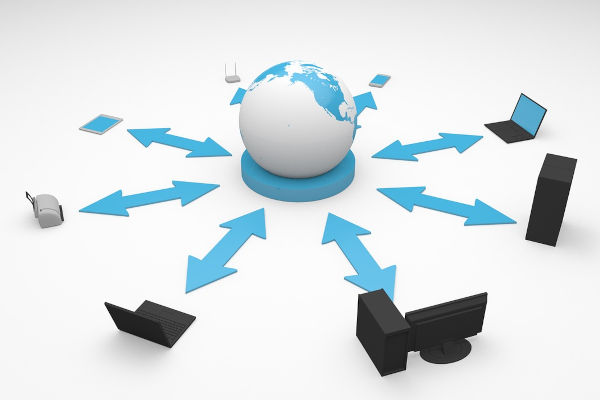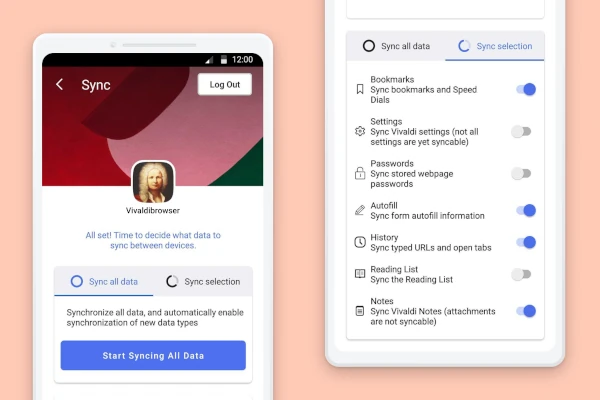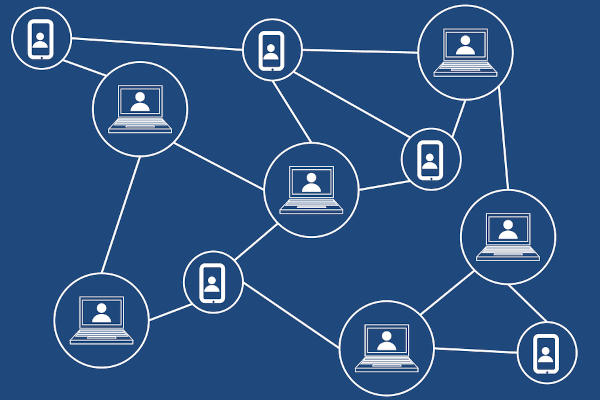The results are in for the Digital Quality of Life Index for 2022. The index surveys the quality of digital wellbeing across 117 countries consisting of 92% of the global population. The study analyzes countries according to five pillars that impact a population’s overall digital quality of life.
The five pillars categories used by the DQL 2022 are internet affordability, internet quality, electronic infrastructure, electronic security and electronic government. DQL is an independent analysis conducted by Surfshark, a cybersecurity company.
The top ten countries for Digital Quality of Life Index for 2022 are the following:
1. Israel
2. Denmark
3. Germany
4. France
5. Sweden
6. Netherlands
7. Finland
8. Japan
9. Great Britain
10. South Korea
Europe continues to lead in digital quality of life with 7 out of 10 countries with the highest DQL coming from Europe. Similar to last year’s results, the prevailing trend is that the internet is less affordable:
“Comparing countries included in last year’s index, people have to work slightly more (6 min) to afford fixed broadband internet in 2022. While mobile internet is more affordable this year, people have to work just under 2 minutes less than they did in 2021. The same trend was observed last year.”
Among other findings, investing into electronic infrastructure (0.92 correlation) and electronic government (0.92 correlation) has contributed most to people’s digital wellbeing. Whereas internet affordability is considered the least important factor in the entire DQL (0.58 correlation).
Money doesn’t always contribute to digital happiness:
“GDP per capita doesn’t necessarily determine a country’s e-infrastructure quality.”
GDP per capita has a strong correlation with the DQL, GDP per capita does not always contribute to a better digital quality of life where some higher ranked countries have a lower GDP per capita than expected:
“Out of 117 countries, 17 exceeded the expected digital quality of life by providing higher levels of e-security and e-infrastructure, and e-government. They include Ukraine, Armenia, Brazil, Thailand, Serbia, Argentina, Turkey, Bulgaria, Malaysia, Russia, China, Romania, Chile, Uruguay, Croatia, Poland, and Hungary.
All three of these pillars have a more significant correlation with the DQL than GDP per capita.”




